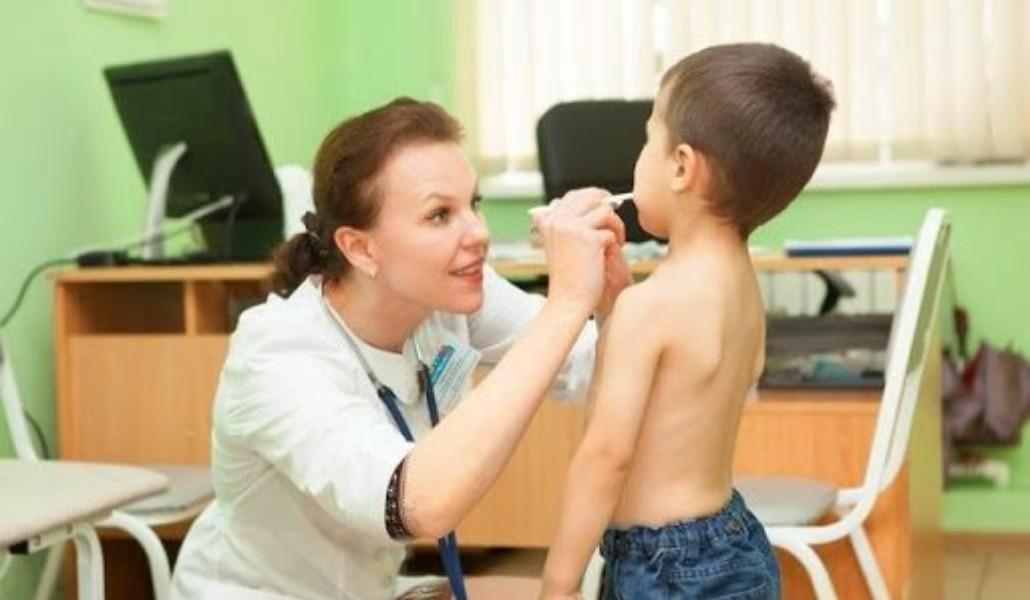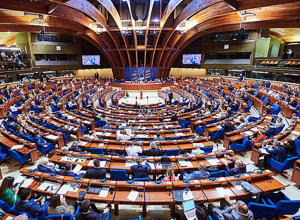
Maintain sanitary standards in educational establishments: HLI urges
Support A1+!The RA Health and Labor Inspectorate urges heads of educational institutions implementing pre-school and secondary education programs to abide by sanitary norms and rules established by the RA Minister of Health in order to prevent the emergence and spread of seasonal acute respiratory diseases among children. In particular,
- In the season of acute respiratory infections (autumn-spring), an average medical practitioner should provide daily active detection of children with symptoms typical of acute respiratory infections (flu, cough, fever, sneezing, weakness).
- During a seasonal increase in illness, a nurse should conduct an examination among children and teaching staff at the facility entrance.
- In case of symptoms characteristic of acute respiratory infections (flu, cough, fever, sneezing, weakness), the sick children and the teaching staff shall be immediately taken to the health post, and the appropriate ambulatory-polyclinic medical care and services shall be notified. Where necessary, the child's parent or legal representative shall be informed to accompany the child home (RA Ministry of Health, paragraph 84 of Order N12-N of March 28, 2017).
Sanitary-epidemiological measures to prevent infectious diseases in or out of groups depending on the nature, type of infection, shall be carried out in preschool institutions, in accordance with current guidelines.
- Daily morning admission of children to kindergartens should be carried out by a nursery teacher, who shall inquire children’s state of health, examine their skin and throat, measure the temperature of all children in the nursery school, and in the pre-school group on the basis of a medical instruction (The Minister of RA Ministry of Health, December 20, 2002 paragraph 11.3 of Order 857 N).
- Sick and suspicious children found during morning screening shall not be accepted. During the day, unhealthy children shall be separated into specially designed rooms. Depending on the state of health, the child will remain in a separate room, in isolation, until the parent arrives or the child will be hospitalized.
The pre-school organization should have an isolator with its own hospital room (not a communicating room), which should be located on the first floor and have a separate exit. In all children's preschools, regardless of capacity, a medical room shall be provided with a 1-1.2 m height partition adjacent to one of the isolation rooms and separated from each other.
The floor temperature of the game rooms and group located on the ground floor should not be less than 220 degrees in winter. In hot seasons it is recommended to continuously aerate the area, and in cold weather it is permissible to lower the temperature for up to 180 for senior and 190 for junior pre-school groups.
The area should be cleaned every day in a mandatory humid manner, with the windows open. The floor should be washed no less than 2 times a day, 1 time of with mandatory furniture movement. Furniture, window sills, heaters should be wiped with a damp cloth, children’s wardrobes should be wiped daily, and washed once a week. The rooms for music and gymnastics should be cleaned after each lesson.
The RA Ministry of Health reports that hospitalization with acute respiratory infections and post-influenza complications is observed to stabilize and decrease by some indicators. Epidemiological studies show that 65-75% of hospitalized children are adolescent children who, as a risk group, should be vaccinated against influenza.
RA Health and Labor Inspectorate



